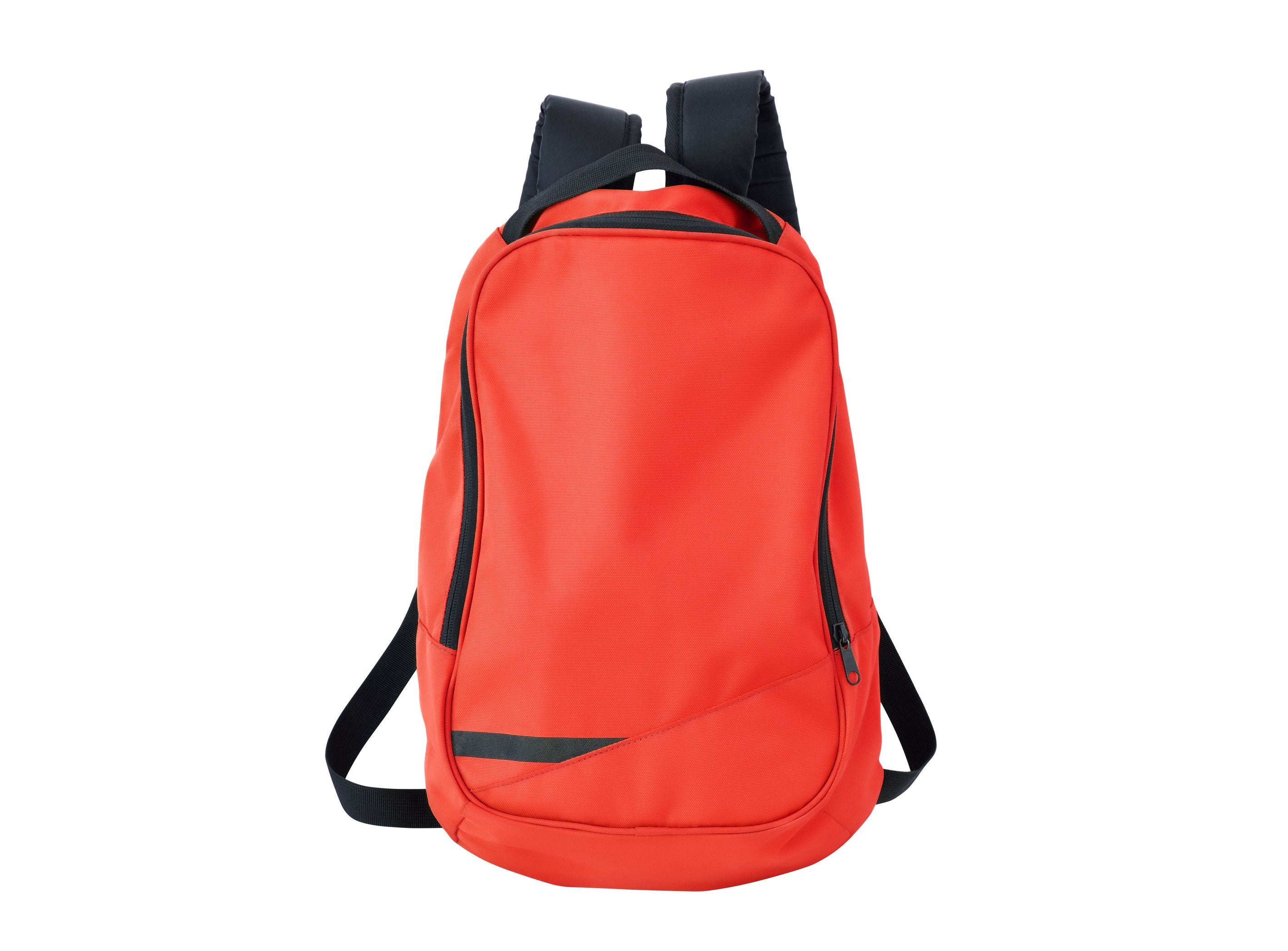Fed up with scrubbing? Your washing machine might be the unsung hero of your cleaning routine.
When you weigh up your dry cleaning bill and think about clever ways to keep everyday items stain-free; or getting the grime off homewares, there’s a workhorse waiting in the wings.
“Your washing machine isn’t just for clothes and bedding – it’s actually far more versatile than you might think, opines Deyan Dimitrov, CEO of Laundryheap.
From unexpected household items to things you didn’t even realise needed cleaning, he says this fab five can be tossed in the wash to save you time and effort.
Just remember to check care labels and use the appropriate settings to avoid any laundry mishaps.
Shower curtains
“Shower curtains and liners are easily overlooked, but they can be some of the dirtiest items in your bathroom,” highlights Dimitrov. “Constant exposure to a damp, warm environment makes them prone to mould and bacteria.”
The laundry expert says: “Aim to clean them once a month to keep them fresh. To start, determine what your shower curtain is made from – if it’s nylon or coated cotton, it’s likely safe to machine wash.”
Plastic curtains, however, may require hand-washing, he says. Either way, pre-soak the curtain in a mixture of baking soda and white vinegar for ten minutes to loosen stubborn grime.
Dimitrov continues: “Then, if you can machine wash them, use a warm or high heat setting (provided the material can handle it) – adding an old towel to the load helps with scrubbing.”
Backpacks
Backpacks carry everything from lunches to gym kits, and are often set down in less-than-sanitary places, underlines Dimitrov. “They collect dirt, crumbs, sweat and odours, yet we rarely think to clean them.
“Fortunately, most backpacks are machine washable, provided you take the right precautions.”

Begin by emptying the bag completely, turning it inside out, and shaking out any debris, advises Dimitrov. “Ensure all pockets are cleared, and for backpacks with delicate zippers or embellishments, place them in a large laundry bag to prevent damage.”
He says bags with padding, waterproof coatings, or leather details may need special care. “Wash on a gentle cycle using warm or cold water and a mild detergent to protect the fabric. After washing, air dry the backpack in a well-ventilated space, stuffing it with a dry towel to help maintain its shape.”
Pet collars
“If your pet is smellier than usual, it might be time to also wash their collar next time you give them a bath, suggests Dimitrov. “Cleaning collars not only removes odours but also eliminates bacteria that can irritate your pet’s skin.”
“Fabric collars can usually be machine washed, but leather ones require spot cleaning with a damp cloth or specialised cleaner.”
Before washing, he says to brush off loose dirt and fur. Pay extra attention to buckles and clasps, which tend to trap grime, and scrub these areas with an old toothbrush.
“Machine wash on a gentle cycle with warm water, adding a natural disinfectant like white vinegar or baking soda – avoid harsh chemicals, as residue could irritate your pet’s skin.
“Let the collar air dry completely before putting it back on your pet.”
Reusable bags
As Dimitrov points out, reusable shopping bags are environmentally friendly but can become breeding grounds for bacteria, especially when they’re used for carrying food.
He says cleaning them regularly is good idea to keep them fresh and make them last longer.
“Most fabric and canvas bags are machine washable. Turn them inside out, shake out crumbs, and wash them on a warm or hot cycle with a small amount of detergent – pre-soaking in a baking soda solution can help tackle stubborn stains.
“Plastic-coated or insulated bags require more care. These should be hand-washed with warm, soapy water and a sponge, paying attention to seams where grime tends to build up.”
Yoga mats
Yoga mats might not be the first thing you think of when it comes to laundry, but if your mat’s care label permits, you can clean it in the washing machine, says Dimitrov.
“Roll the mat loosely and place it in the machine on a gentle cycle with cold water. Use a mild detergent and avoid fabric softeners or harsh chemicals, as these can leave a slippery residue.
“Adding a cup of white vinegar to the rinse cycle neutralises odours and provides natural antibacterial benefits.”
If your mat is too bulky or delicate for machine washing, hand-washing is a safe alternative…
“Place it in the bathtub with warm water, a gentle soap, and soft sponge to scrub both sides,” Dimitrov continues. “Rinse thoroughly to remove soap residue. Always let the mat air dry completely before rolling it up to prevent mildew.
“Hanging it outside on a sunny day is ideal, as sunlight acts as a natural disinfectant.”

